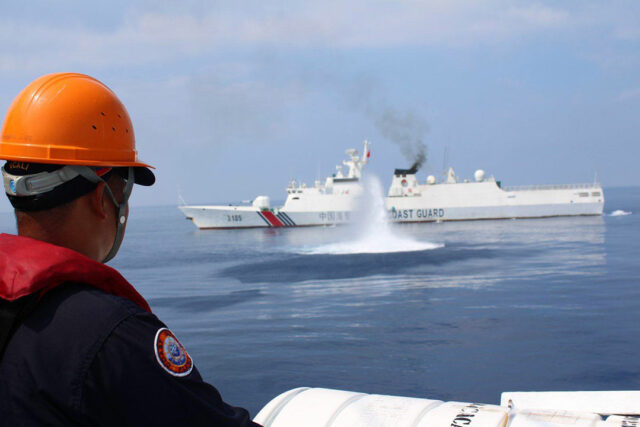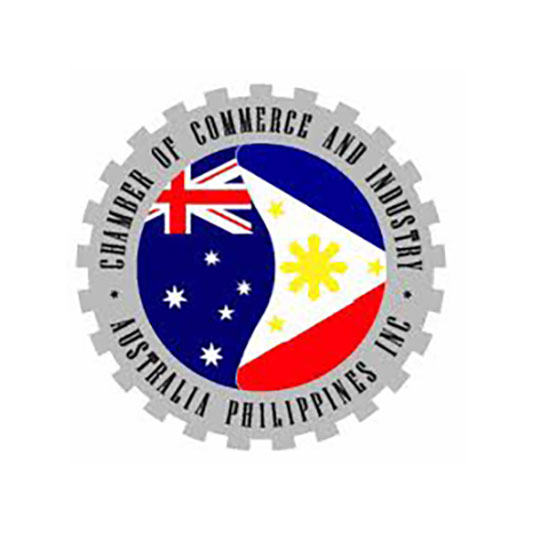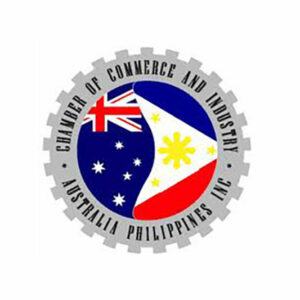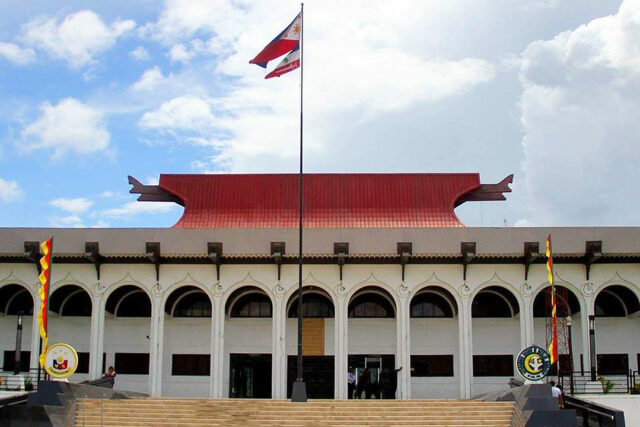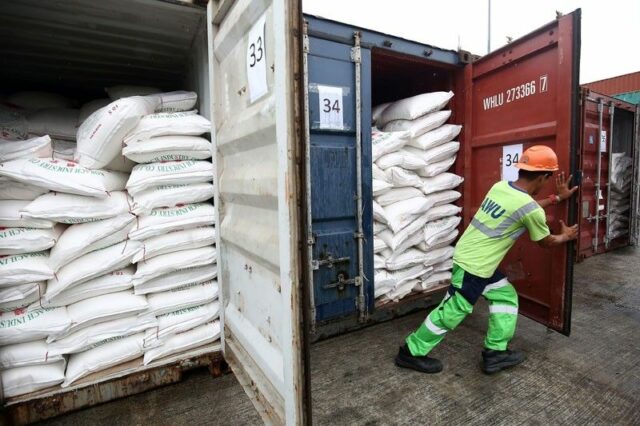Manila told to strengthen ties ahead of expected rise in Chinese aggression
By John Victor D. Ordoñez, Reporter
MANILA must continue building its ties with other countries in the international community as Beijing is expected to continue its aggressive maneuvers in the South China Sea this year, foreign affairs and security analysts said.
“The Philippines must continue to push for a rules-based order and resolution to the difficulties we are facing in the West Philippine Sea,” retired Major General and former spokesperson of the Armed Forces of the Philippines Restituto F. Padilla, Jr., told BusinessWorld on the sidelines of a Foreign Affairs event.
“It should be a fight with the whole world going against a nation pushing its unilateral ways because after all what is being defined are rules that are made by the world itself so that there will be order in the world.”
 While China has always maintained its presence in the waterway, claimed in part by the Philippines, Brunei, Malaysia, Taiwan, and Vietnam, tensions have risen over the past years as it continued engaging in dangerous activities, such as firing water cannons, shadowing, and ramming.
While China has always maintained its presence in the waterway, claimed in part by the Philippines, Brunei, Malaysia, Taiwan, and Vietnam, tensions have risen over the past years as it continued engaging in dangerous activities, such as firing water cannons, shadowing, and ramming.
China’s gray zone tactics and aggressive assertion of its claims in the waterway is likely to worsen in 2025, with Donald J. Trump assuming the post of America’s president for the second time, Chester B. Cabalza, founding president of Manila-based International Development and Security Cooperation, said.
“Beijing is poised to increase its aggression as it may see Manila topside more with Washington,” he said in a Facebook Messenger chat.
“Given the situational prediction, the Philippine contested waters will be tested as a battleground for the widened strategic competition of the naval buildup of China and the US in the Indo-Pacific.”
The Philippine government has continued to deepen its ties with the international community, securing military pacts, arms assistance funding and maritime capacity building deals with allies, such as the United States and Japan, in the past year.
The Philippine Senate in December also ratified the country’s Reciprocal Access Agreement with Japan to facilitate the exchange and combined training of their troops. This also followed Tokyo’s move to provide P611 million worth of security assistance to the Philippines, which includes radar systems, inflatable boats, and other maritime equipment.
The European Union is also keen on bolstering ties with Manila in diplomatic efforts on free and open waters in the Indo-Pacific region as it reaffirmed commitment to international law amid Manila’s maritime dispute with Beijing, according to its External Action Service Managing Director for the Asia and the Pacific Niclas Kvarnström.
“Manila building its coalition with its western allies and other countries will be dictated by political and diplomatic policies,” former Philippine Navy Flag Officer in Command Alexander P. Pama told BusinessWorld.
“It’s easy to have wish lists and ambitions to boost the country’s security capacity, but it has to be in conjunction with having the capacity to maintain these (military equipment from allies).”
The Philippines has been conducting joint military drills with its allies and like-minded partners in the Indo-Pacific region, which are expected to build the country’s capacity to defend its national security in the long run. The government has also recently enacted a measure that will boost local production of defense equipment, designed to make a more self-reliant defense posture.
The Southeast Asian nation is likely to seek help from the United Nations (UN) on resolving the dispute since diplomatic protests and efforts to summon Beijing’s envoy are not effective measures anymore, Josue Raphael J. Cortez, who teaches diplomacy at the De La Salle College of St. Benilde, said in a Facebook Messenger chat.
“However, one must also bear in mind that seeking for the help of the Security Council may not be a viable move given of course that China is among its permanent members,” he said.
Being a permanent member of the UN Security Council, alongside the US, France, Russia, and the United Kingdom, entitles China to a right to veto resolutions.
The Chinese Foreign Ministry has said Manila and its allies ganging up on Beijing would only worsen tensions and destabilize the region.
Philippine Foreign Affairs Secretary Enrique A. Manalo earlier said the Philippines is gearing up for its chairmanship of the Association of Southeast Asian Nations, where it seeks to raise its maritime dispute with China.
China has rejected a 2016 ruling by the Permanent Court of Arbitration in The Hague that invalidated its claims, which had no basis under international law.
The Philippines, under President Ferdinand R. Marcos, Jr., has filed 193 diplomatic protests over China’s actions in the South China Sea, 60 of which were filed this year, Foreign Affairs spokesperson Ma. Teresita C. Daza earlier told reporters.
“Policy continuity for the long term is crucial,” Don Mclain Gill, who teaches international relations at De La Salle University, said in a Facebook Messenger chat. “We have to understand that China has been consistent since 1949 in pursuing its expansionist ambitions.”
On the side of trade, Manila is unlikely to cut ties with China anytime soon even amid their sea dispute, according to Federation of Filipino Chinese Chambers of Commerce and Industry, Inc. (FFCCCII).
“Most likely, the trade will continue coming here. China also needs our products. Because we have mining products, we have agricultural products, which are needed by China,” FFCCCII President Cecilio K. Pedro told BusinessWorld.
In March last year, Chinese Ambassador to the Philippines Huang Xilian told a business forum in Manila that nations that “talk down on China” would miss out on its ambitious economic expansion target of about 5% this year.
China has been the Philippines’ biggest trading partner for eight straight years, and one of its biggest sources of foreign investment, he said.
“We must also bear in mind that the country is among our primary importers of agricultural products and given the challenges we face in this aspect of the economy, then severing ties with it can exacerbate these difficulties,” Mr. Cortez said.
“Trade-wise, the tension which we may describe as highly political in nature, has not affected trading that much.”
Beijing bankrolled about 233 projects in the Philippines between 2000 and 2022 worth $9.1 billion, according to a 2024 study by Virginia-based research firm AidData.
The Marcos government has withdrawn loan negotiations with China for the P142-billion South Long-Haul project in the Bicol Region, the P50-billion Subic-Clark Railway project and the first phase of the Mindanao Railway project worth P36 billion.
The National Economic and Development Authority earlier said it would bank on the Asian Development Bank’s technical know-how to bankroll the South Long-Haul project after Chinese loans failed to materialize.
“Increased Western presence did not dissuade, but instead fortified Chinese militarism over the disputed territories,” Mr. Cortez said.
“This is something that is already expected given that it sounds the alarm — threatening Chinese presence and strength.”

